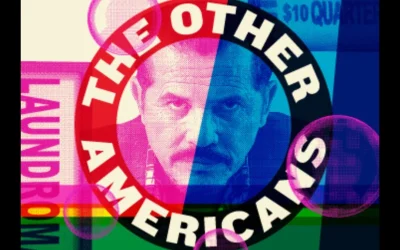The ongoing impact of higher ticket prices for the new season of British football (American soccer) is driving some fans to voice their frustrations with their feet.
Fewer than 34,000 fans attended Chelsea Football Club‘s 2-0 win last week against Germany’s Bayer Leverkusen in the 42,000-capacity Stamford Bridge stadium. The fan deficit followed this year’s hike in ticket prices for the Union of European Football Associations (UEFA) Champions League games. Tickets for this season’s Champions League playoffs jumped 33 percent over last year, with the least expensive adult seat at the Bayer Leverkusen game going for £40 ($63). League Finals will be even more expensive for fans, with non-club members’ tickets ranging from £150 ($244) to £297 ($481). Club members get a break on this, paying £80 ($130) per ticket for the Finals.
Last week’s turnout, the lowest at the stadium in four years, may not even be the end of it. The Chelsea Supporters Group (CSG), an organization of Chelsea fans that acts as one body to present concerns to the club, has announced a boycott of Chelsea’s October 19 match against Belgium’s Genk Club.
In a statement published on the group’s official Web site earlier this month, CSG announced the boycott, presenting the following rationale: “Football has long been seen as the working class game, a sport for the man in the street, but he will be entirely priced out before long if supporters are unwilling to take a stand against the continuing inflating prices, the Champion’s League group stages (round-robin playoffs) may be a small battle in the grand scheme of things with regards to issues with pricing, but it is certainly a start.”
Fan discontent around Chelsea’s ticket prices has certainly been building since the spring, when the club announced a increased 2011-12 pricing for certain matches featuring popular games against such teams as Liverpool, Arsenal, Tottenham, Manchester United and Manchester City. In one section of Stamford Bridge, non-Chelsea members are paying as much as £12 ($19.50) more, up from last year’s £75 ($122) to £87 ($141). Games for the Football Association Challenge (FA) Cup, a title currently held by Chelsea, have also increased in price, going from £25.50 ($41.50) last season to a current £30 ($49).
The planned boycott has attracted strong response from all sides, with some fans in full agreement with the boycott and some attacking it on its methods and aims. For its part, the club is vehemently defending the price hikes. The organization insists that they are necessary in order for the team to compete adequately among others in the Champions League, citing, in particular, Chelsea’s disadvantage in playing alongside many League teams with higher capacity stadiums.
Protests and boycotts are a mainstay of English football, with numerous actions and threats of actions organized over the years to express a myriad of fan complaints. In 2010, Manchester United decided to freeze ticket prices for the 2010-11 season in response to in-game fan actions and a threatened boycott of season tickets. Fan concern had been focused on what they deemed severe mismanagement of the team’s finances and players by the current owners, the Glazer family.
It is less clear if this boycott will have the same teeth as that of Man U fans last year, however. At the time, the Glazers were financially vulnerable, racking up over £850 million in club debt in their efforts to buy the franchise in the early 2000’s, and the Glazer children having borrowed £10 million from the organization since. Russian billionaire Roman Abramovich, in control of Chelsea since 2003, has had a history of easily bankrolling the club’s need for quality players. Considering the deep pockets to which the club has access, it does seem possible that a boycott of one of the season’s less attractive games, a game that many fans were planning to skip anyway, may not move ownership to action.



